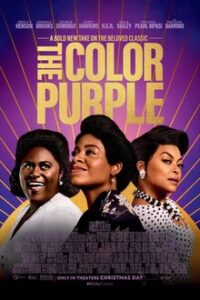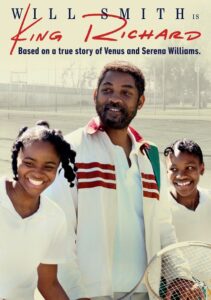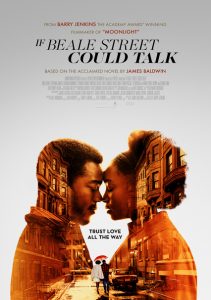Nickel Boys-2024
Director RaMell Ross
Starring Ethan Cole Sharp, Brandon Wilson, Aunjanue Ellis-Taylor
Scott’s Review #1,478
Reviewed April 25, 2025
Grade: A-
Nickel Boys (2024) is a film adaptation of a 2019 novel called The Nickel Boys, written by Colson Whitehead, which won him the Pulitzer Prize for Fiction award.
The film is a unique experience in cinematography. Using a jarring but immersive point of view effectively makes the audience feel the weight of the subject matter and the peril that the characters face.
Since most of the events are shot from a first-person perspective, it takes some time to get used to it, and I can understand how it might turn off some viewers.
However, I admire the unconventional approach very much and champion any cinema that pushes boundaries. RaMell Ross, a director new to the scene, obviously made a splash, scoring a Best Screenplay Oscar nomination as well as a Best Picture nod.
Elwood Curtis’s (Ethan Herisse) college dreams are shattered one sunny afternoon when he unwittingly accepts a ride with a drug dealer in the deep Jim Crow American South in 1962.
Despite his innocence, he is sentenced to Nickel Academy, a segregated and brutal reformatory where young black males frequently disappear without a trace.
As the 1960s continue and the Civil Rights Movement and Reverend Martin Luther King’s influence spread, Elwood and his best friend, Turner (Brandon Wilson), plot a daring escape.
Ross incorporates short sequences of present-day activity where Elwood (Daveed Diggs) is now a successful businessman in New York City. He lives with his girlfriend and eventually reconnects with a fellow inmate.
During the first of these scenes, I breathed a sigh of relief, assured that Elwood not only survives Nickel Academy but also gets as far away from the racist South as possible. Successful in life, this aspect also satisfies.
Shot in swampy Louisiana, doubling as Tallahassee, Florida, the ambiance is sticky, sweaty, and suffocating, which serves the film perfectly.
As the black youngsters arrive at the facility with white youngsters who are let out of the car first, the different experiences are immediately apparent. The black kids’ barracks are smaller, darker, and fraught with racism.
I immediately sympathized with Elwood. On a bright path along with his caregiver and grandmother, Hattie, beautifully played by Aunjanue Ellis-Taylor, his incarceration is devastating and unfair.
Without a doubt, instances portrayed in the film happened in real life, and the number of lives ruined or lost is beyond comprehension.
Ellis-Taylor, whose Hattie does a lot of talking to the camera, either to Elwood or Turner, is rich with power, prowess, and guts, never losing hope amid dire circumstances.
The stylistic approach never detracts from the top-notch acting performances, especially by the teen actors playing Elwood and Turner (Ethan Cole Sharp and Wilson).
Nickel Boys (2024) doesn’t feel gimmicky; it’s instead a confirmation of what cinema can do, how it can speak to us, and how it can move us.
It serves as an argument for progressing and documenting fiction as something more than just a well-meaning film. My A-rating would have been a solid A, but it took a little while to fully capture it due to the film’s style, which I ultimately appreciate.
Oscar Nominations: Best Picture, Best Adapted Screenplay
Independent Spirit Awards Nominations: Best Feature, Best Cinematography




